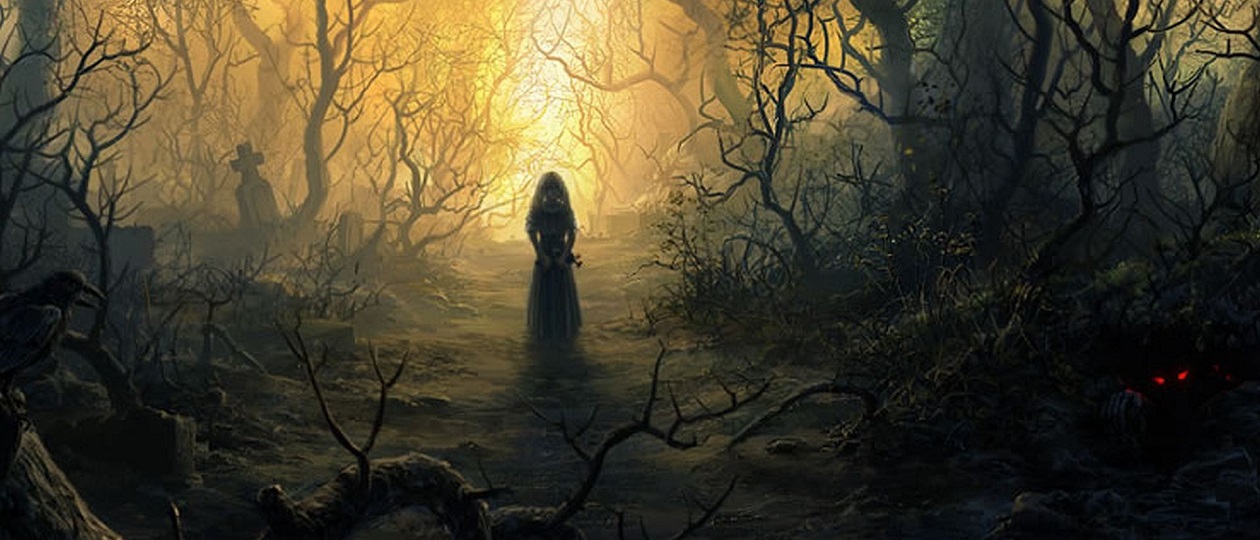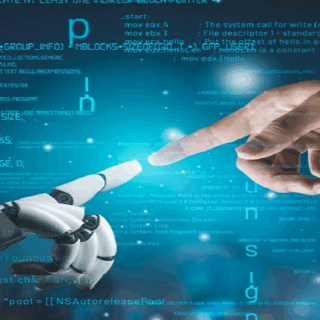
A peculiar form of society was created in Japan after World War II. The birth of such a secular, materialistic, and atheistic society perhaps cannot be found in any other age and place in history.
It is said that most Japanese, when asked for their religious status in filling out an application form for a passport or questionnaire, will answer “none”. When the Japanese adopted only the materialistic and abstract parts of Western civilization, they equated atheism, or at least the absence of faith, with rationalism, humanism, and becoming a fully “civilized” people.
We can say that the great influx of atheism and materialism into Japan had a serious influence on the Japanese mind, where the notion of Kami and spirit-soul (reikon) are increasingly disappearing. Human beings are seen as simply material things, and there is no concept of an afterlife or a sense of continuity in the dominant culture of modern Japan.
This view of the world has steadily undermined rather than enhanced the humanist conceptions of freedom, responsibility, and dignity. When human beings become conscious of an afterlife, of a higher being or beings, or of the possibility of rebirth, they are more likely to think beyond their immediate material interests. But when assuming everything is finished with death, people might conclude that they can do anything as long as they are not violating man-made laws — or as long as they are managing to escape punishment.
Then their absolute goals are satisfying their short-term desires and the prolongation of life at all costs. Ultimately, such questions as “what does it really mean to be human?” or “what values should human beings pursue?” begin to disappear. However there is much evidence that, in Japan and in the West, the pendulum is starting to swing the other way.
As the social and environmental costs of materialism become more apparent, people are inclined once again to ask deeper questions. They have recently started feeling a strong desire for pursuing meaning, values, and ethics. This is clearly manifested in the recent booming interest in mysticism known as the New Age movement and the events created by the new occult religions.
There is a serious danger that, in a climate of spiritual ignorance, such movements can assume a distorted or perverse form. In the Japanese context, the most extreme example of this tendency is the AUM group, whose members released poisoned gas on the Tokyo subway in 1995.
The existence of occult movements, however extreme or grotesque, should be seen as evidence of a spiritual crisis, just as when extremist political movements (including terrorist groups) emerge, it is an indication of social malaise. In Japan, as elsewhere, there are millions of spiritually hungry people who are searching for explanations beyond the purely material.
At the same time, established religious organizations are losing their spiritual influence and ability to respond to widespread spiritual hunger. It is because they tend merely to reflect modernity rather than engage critically with the modern world. The more abstract and “intellectual” they become, the more they become materialistic and worldly, and so lose their spiritual dimension.
Therefore, with few choices left, people are readily led into the dangerous occult world. Many of the new occult religious groups cynically distort the inner teachings of the traditional religions. They give, or more often sell, instant spiritual teachings to anyone who requests them, whether or not they are truly open to or ready for spiritual advancement. This can have harmful and destabilizing effects on the individuals concerned and even on the teachings themselves.
When human beings develop their innate and mysterious powers, such as miraculous healing gifts or supernatural abilities like clairvoyance, they need to display in their work a sensitivity toward human nature in all its aspects, as well as an understanding of the balance between humanity and the natural world. This is the ethos that should govern psychic abilities if they are to have beneficial rather than harmful effects.
Any religion with a long tradition knows this very well and has the methods to convey its esoteric aspects. But in the new religions, people are easily excited by occasional flashes of psychic inspiration. They are not encouraged to explore such powers with caution, as rare and special gifts that can inflict great harm as well as accomplish immense good. The result of spiritual impetuosity is the collective hysteria associated with the occult.





